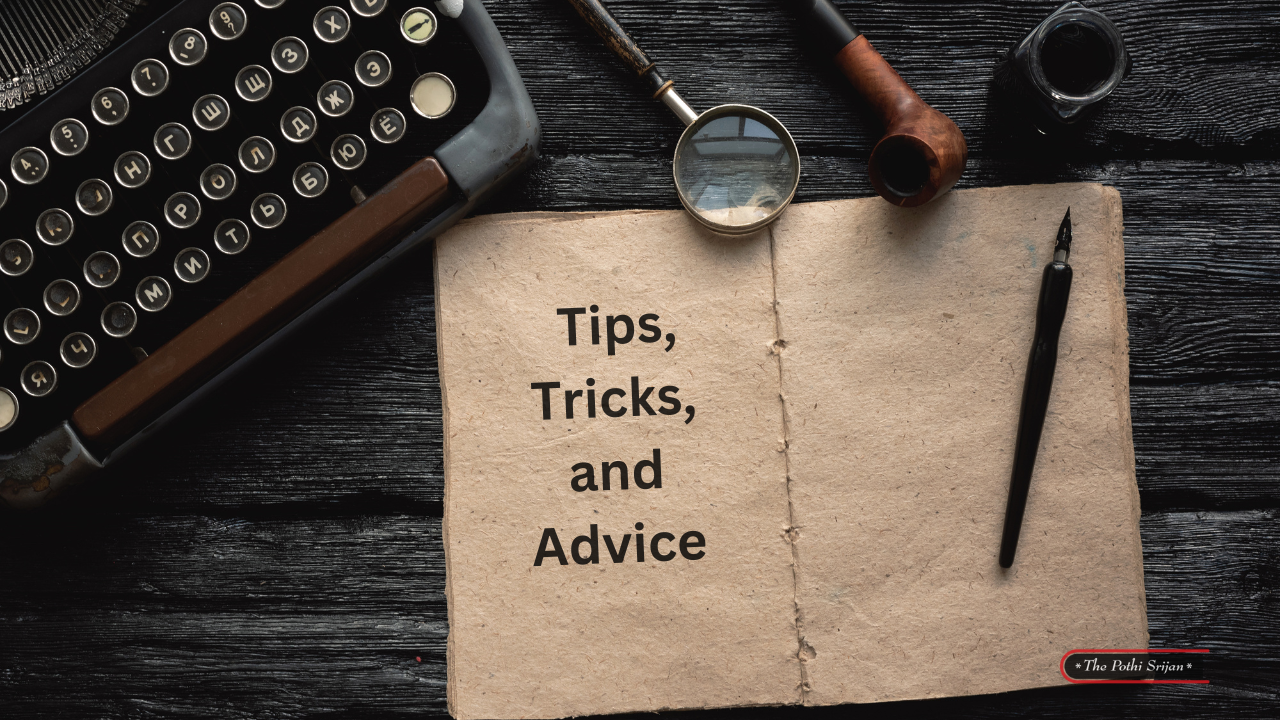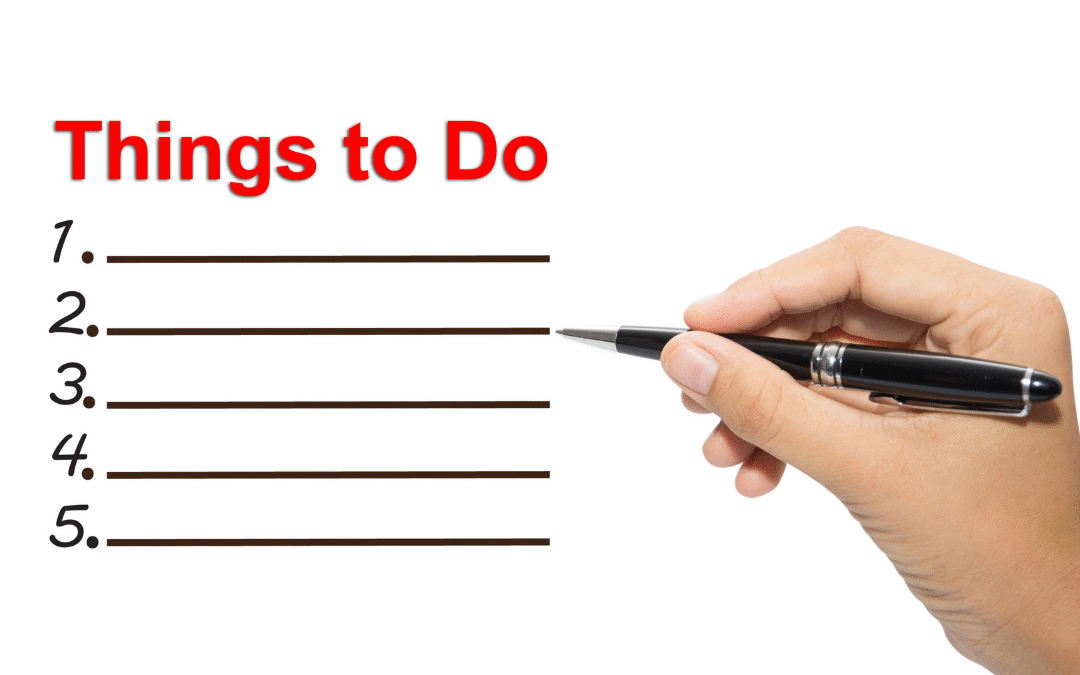Writing a book can seem like a daunting task, especially for beginners. With so many aspects to consider, including plot, characters, structure, and style, it can be challenging to know where to start. However, writing a book can also be an incredibly rewarding experience, offering the chance to explore your creativity, express yourself, and share your story with others. In this post, we’ll offer tips, tricks, and advice to help beginners get started with writing a book.
Define Your Goals and Motivation
Before you start writing, it’s essential to define your goals and motivation for writing a book. What do you hope to achieve? Are you writing for personal fulfilment, or do you want to publish your work? Knowing your reasons for writing can help you to stay focused and motivated throughout the writing process.
Choose Your Genre
Choosing your genre is an important step in writing a book. The genre you choose will affect everything from plot to style, so it’s important to choose one that you’re passionate about and that resonates with you. Whether you choose to write fiction, non-fiction, memoir, or poetry, make sure you have a clear understanding of the genre’s conventions and expectations.
Develop Your Idea
Once you have your genre, it’s time to develop your idea. Whether you have a fully formed story in mind or a general concept, take the time to flesh it out. Create characters, plot points, and conflict to give your story direction and structure. Remember, your idea is just the beginning, and it will likely evolve and change as you write.
Create an Outline
Creating an outline is a critical step in writing a book. An outline will help you to organize your thoughts and ideas, create a logical flow to your story, and keep you on track. You don’t need to have every detail figured out, but creating a basic outline with the major plot points and scenes will help you to stay focused and make writing your first draft easier.
Write Your First Draft
Once you have your idea and outline, it’s time to start writing your first draft. This is where the real work begins. Don’t worry about perfection at this stage; just focus on getting your ideas down on paper. Give yourself permission to write badly, knowing that you can always revise and edit later.
Revise and Edit
Once you’ve completed your first draft, it’s time to revise and edit. This is where you refine your ideas, tighten your plot, and polish your writing. It’s important to approach this stage with a critical eye, looking for inconsistencies, plot holes, and areas where your writing could be stronger. Consider getting feedback from beta readers or hiring an editor to help you identify areas for improvement.
Self-Publish or Seek Publication
Once you’ve revised and edited your book, it’s time to decide whether to self-publish or seek publication. Self-publishing is a viable option for many authors, offering greater control over your work and a higher percentage of royalties. However, seeking a traditional publication can offer the benefits of professional editing, marketing, and distribution. Do your research and choose the path that’s right for you and your book.
Writing a book for beginners can seem overwhelming, but with the right mindset, tools, and support, it’s a goal that’s within reached. Remember to stay focused, disciplined, and passionate about your writing, and you’ll be well on your way to creating a book that you can be proud of.









